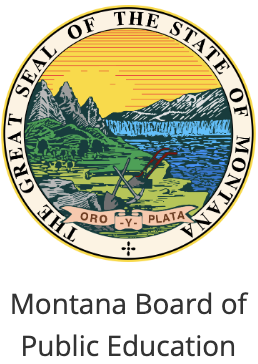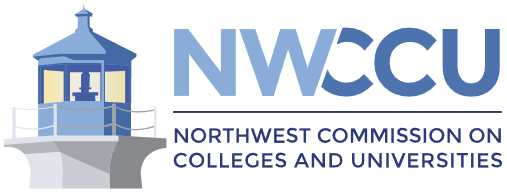Professional Competencies & Dispositions for Professional Educators
Enjoy what you are doing, have patience with yourself, keep a sense of humor, understand and respect boundaries, practice self-care, take nothing personally, and be relaxed! Make others feel valued through empathy, humility, positivity, sensitivity, compassion, trustworthiness, and humane treatment. Be authoritative not authoritarian while remaining confident, firm, and consistent. Stick to what you said and invest in others as people using a growth mindset (2016 teacher candidates and mentors).
Professional Competencies
These are required by Montana State University for all professional educators and are evidenced by the behaviors indicated. MSU professional educators will able to demonstrate the following...
- Communication competencies appropriate to one’s professional level and teaching context:
- Using appropriate grammar (syntax, inflection, and word choice) in oral communication.
- Speaking distinctly and with confidence.
- Interacting sensitively to situation and circumstances with professors, students, peers, and colleagues.
- Using correct spelling, Standard English mechanics, and meaningful word choice in written expression.
- Intellectual competencies appropriate one’s professional level and teaching context:
- Mastering relevant content in subjects commonly taught in K-12 settings.
- Mastering pedagogical principles and their application in field settings at a level
deemed
appropriate by the MSU faculty. - Comprehending, memorizing, analyzing, and synthesizing material.
- Developing reasoning and decision-making skills appropriate to the practice of teaching.
Professional Dispositions
These are required by Montana State University for all professional educators and are evidenced by the behaviors indicated. MSU professional educators will able to demonstrate the following...
- Dispositions toward professional engagement:
- Committing fully in all class activities and field settings.
- Presenting a consistent professional appearance, including dress, body art, and hygiene.
- Prioritizing obligations to maintain poise and complete all responsibilities punctually and efficiently.
- Dispositions toward valuing diversity:
- Showing habitual respect for and promotion of others’ cultures, languages, abilities, views, etc.
- Implementing equitable practices when planning instruction or when organizing assessments/testing.
- Working collaboratively for positive learning environments sensitive to school & community values.
- Dispositions toward embracing feedback for professional growth:
- Accepting, responding to, and seeking out experienced critiques of one’s professional development.
- Taking responsibility for one’s own growth, regularly reflecting on personal teaching strengths and flaws.
- Maintaining a calm professional distance during conflict, showing a willingness to “let things go.”
- Exhibiting resilience by persevering in the face of injustice or challenge.
- Dispositions toward a collaborative team spirit:
- Practicing thoughtful, active listening and mindful observation of people and situations.
- Including colleagues, learners, and others in setting goals and in making decisions.
- Using various methods of clear and professional communication to forge connections with diverse colleagues.
- Dispositions toward ethical behavior:
- Understanding and applying professional educator ethics, standards, law, and policy.
- Exercising judgment and discretion as an advocate for students.
- Showing commitment to the ethical collection, interpretation, and application of data.
- Dispositions toward responsibility and trustworthiness:
- Showing appropriate accountability to those served through positivity, professional courtesy, self-control, and unbiased concern for others—both in and outside of the school community (including online).
- Evidencing continuous learning by drawing on policy and research to reflect and improve practice.
- Dispositions to responsive, encouraging student-centeredness:
- Responding to students’ strengths as a basis for growth and to their misconceptions as opportunities.
- Using varied forms of timely, kind, and meaningful feedback according to each learner’s unique needs.
- Encouraging flexible learning environments that support learner expression and discovery.
- Working to develop each learner’s capacity to self-assess and to provide respectful, positive peer assessment.



